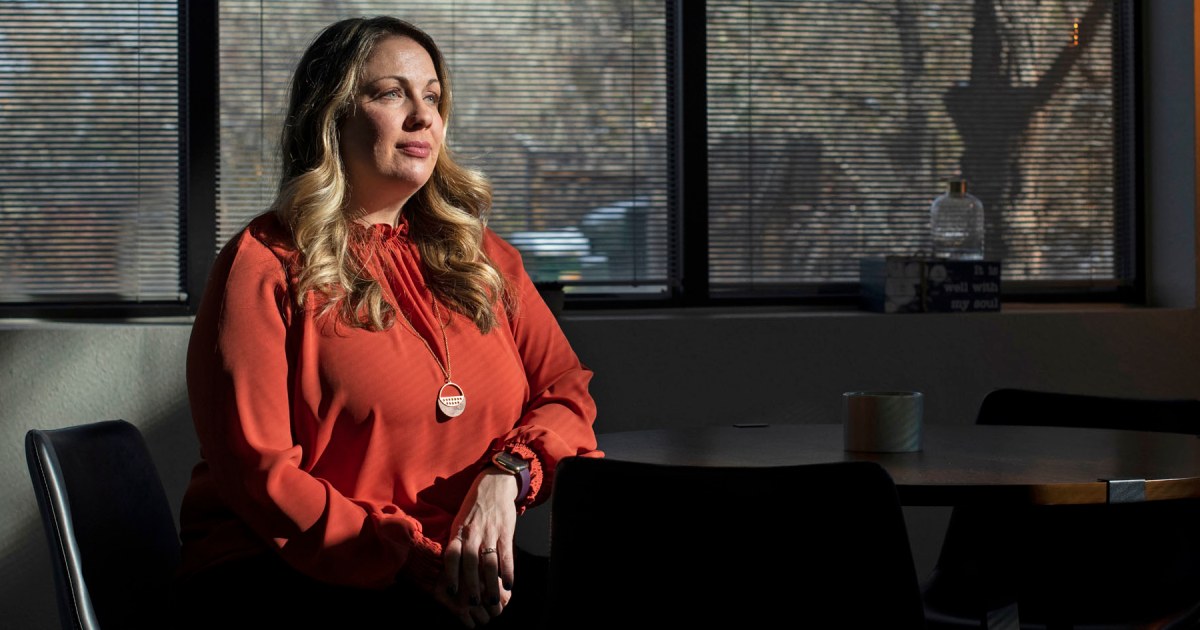Key takeaways:
- The Supreme Court recently ruled in favor of an evangelical Christian web designer who refused to work on same-sex weddings.
- The court ruling has been met with criticism from LGBTQ rights activists, who argue that the ruling is a setback for civil rights.
- The case has raised questions about the implications of the ruling for businesses that provide services to same-sex couples.
The Supreme Court recently ruled in favor of an evangelical Christian web designer who refused to work on same-sex weddings. The ruling has been seen as a setback for LGBTQ rights. The case began when web designer Lorie Smith said in a previous court filing that someone named Stewart had reached out to her in 2016 about putting together a website for his marriage to a person named Mike.
Gender rights activists demonstrated outside the US Supreme Court on June 30, 2020 in Washington, DC. The court ruled that some private businesses can refuse service to same-sex couples for religious reasons, in a landmark erosion of anti-discrimination laws.
Legal experts said Monday that the Supreme Court’s ruling did not hinge on the potential customer’s request, which now appears to have been a fake. The court backed the case of a Christian graphic designer from the state of Colorado who said that due to her beliefs she would not make a wedding website for a same-sex couple.
The court ruling has been met with criticism from LGBTQ rights activists, who argue that the ruling is a setback for civil rights. The case has raised questions about the implications of the ruling for businesses that provide services to same-sex couples. It remains to be seen how the ruling will be interpreted and applied in the future.



Be First to Comment